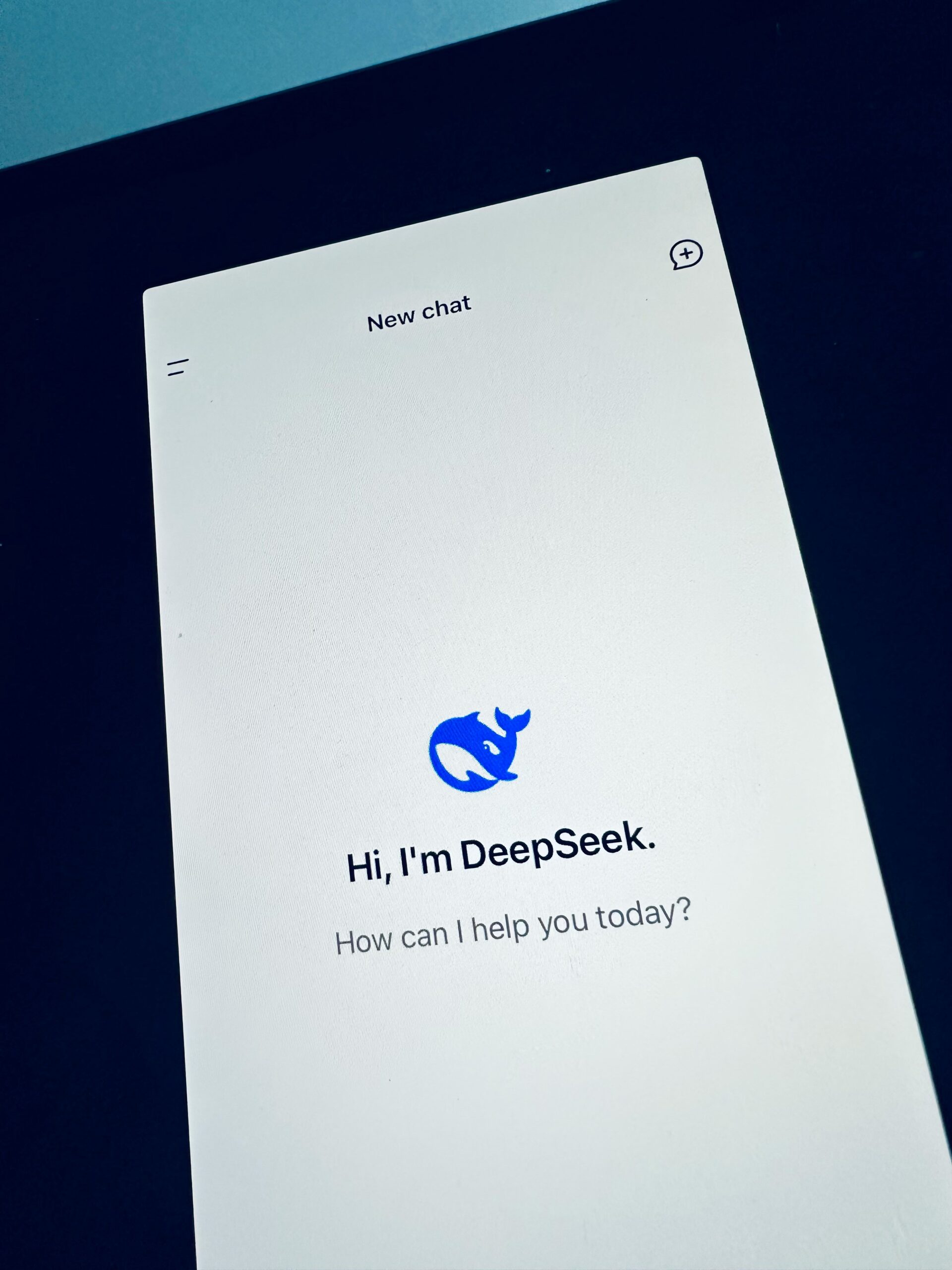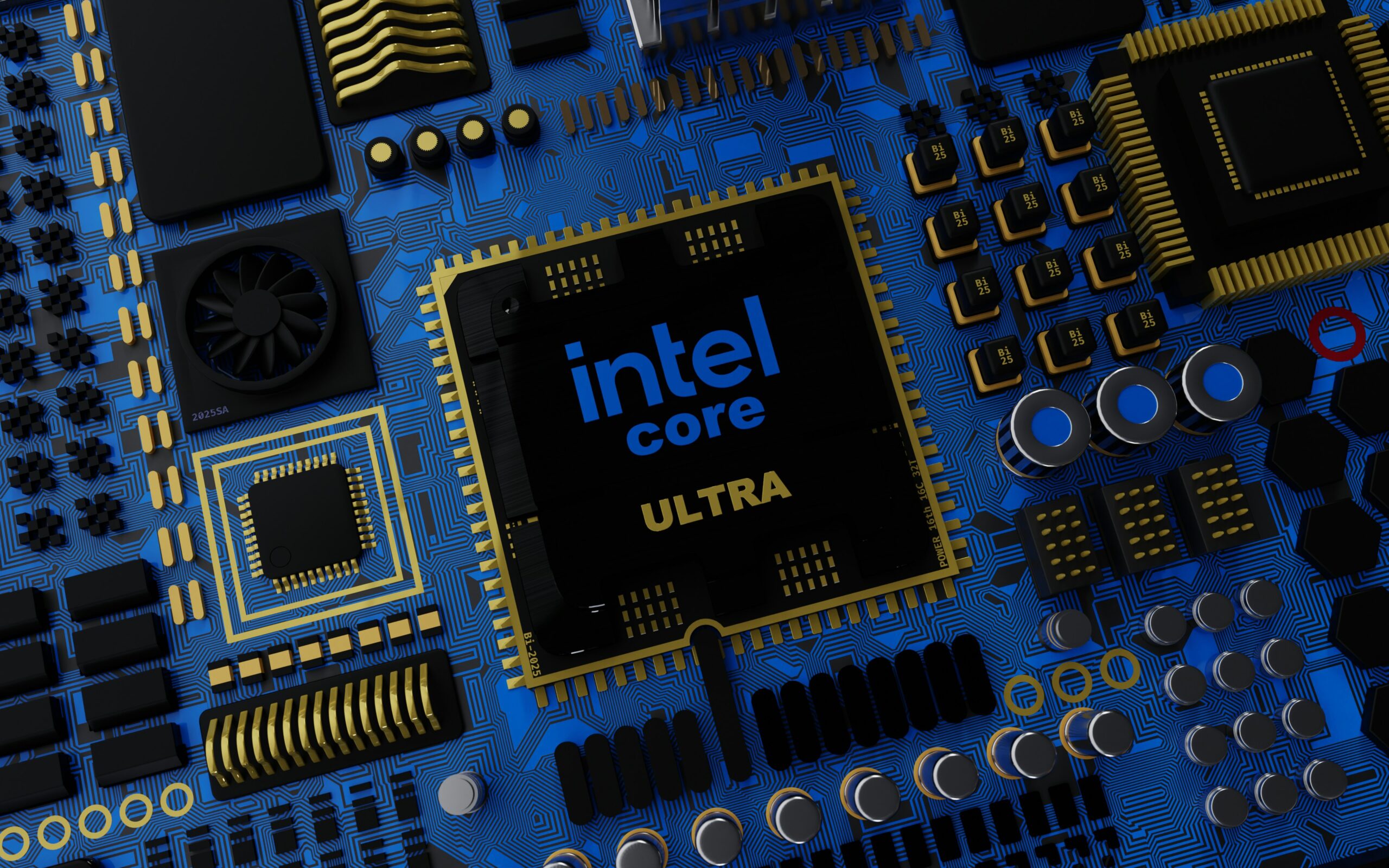Image credit: Unsplash
Eric Schmidt, former CEO of Google, has walked back his recent claims that the company’s remote work policy could hinder its ability to remain a competitor in the race to develop cutting-edge AI. His previous sentiments had been expressed at Stanford University in April, where he said that the company’s openness to remote work and emphasis on work-life balance put it at a disadvantage compared to startups like OpenAI. After the lecture, a recording of Schmidt’s statements went viral on YouTube.
“Google decided that work-life balance and going home early and working from home was more important than winning,” Schmidt said in the recording. “And the reason the startups work is because the people work like hell.”
Schmidt went on to say that entrepreneurs of new and upcoming businesses were “not going to let people work from home and only come in one day a week,” if they intended to be competitive with other startups in the tech industry. A spokesperson for Schmidt later said that he “misspoke about Google and their work hours and regrets his error.”
Remote Work Versus Productivity: Tech CEOs Debate
Schmidt was not the only industry voice concerned about the potential productivity cost of remote work in the tech arena. OpenAI CEO Sam Altman has also expressed concerns, going as far as to say it would be one of the industry’s “worst mistakes” if implemented indefinitely.

While OpenAI currently employs a mix of hybrid and remote work policies, Altman has voiced doubts that connectivity technology can shoulder the needs of startups. “I would say that the experiment on that is over,” said Altman, “and the technology is not yet good enough that people can be full remote forever, particularly on startups.”
Salesforce CEO Marc Benioff, on the other hand, has voiced his confidence in models that mix in-person and work-from-home roles. “They need to mix in-person and remote together,” Benioff said. “Our engineers are extremely productive at home. We have lots of people who are extremely productive at home. But there also has to be salespeople who are productive in the office.”
Mark Zuckerburg, CEO of Meta, has shaped his opinion based on internal company research, saying simply, “People who work from home are not efficient and engineers who come to the office get more work done.”
According to Pew Research Center, there are approximately 22 million adults in the United States that work from home full time. This equates to about 14% of the workforce. It is estimated that by 2025, one in every five Americans will work remotely.
Contrary to what Zuckerburg believes, Upwork’s Future of Remote Work study finds that one-third of hiring managers find that productivity has increased as a result of remote work settings.
Research on Remote Work has Mixed Results
The tech sector loves data, but studies haven’t provided the clear guidance that tech CEOs would have hoped. Some studies have shown that remote work boosts productivity, while others suggest the opposite. Analysis conducted by Goldman Sachs implied that the differences in these studies might come down to companies bringing different definitions of “productivity” to their research.
One research paper coauthored by Oxford University economist Carl Benedikt Frey examined data from 20 million different research studies and 4 million patent applications. The conclusion of the paper, published in Nature, stated that companies using remote work models developed fewer technological breakthroughs.
“I wouldn’t say that all companies should go back to being fully on-site,” Frey said about his conclusions, “But if you think of it purely from the perspective of trying to develop breakthrough technologies, you should probably be on-site as much as possible.”
































































































































































































































